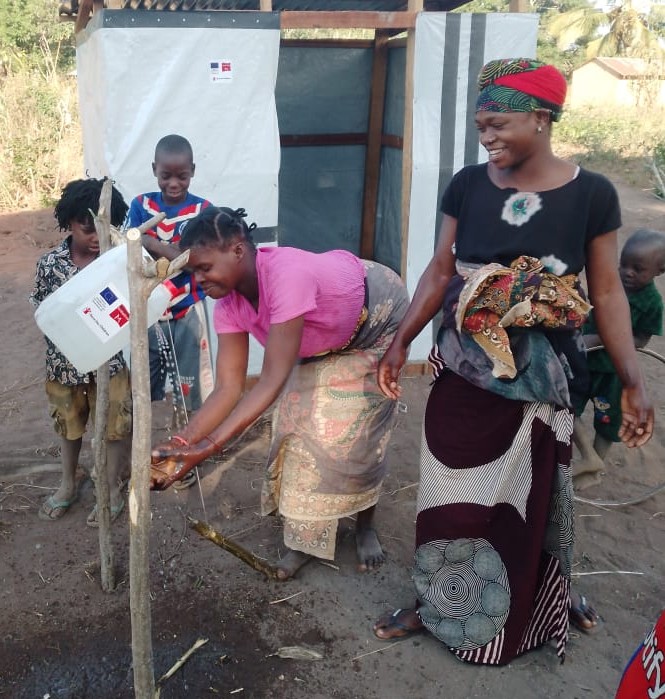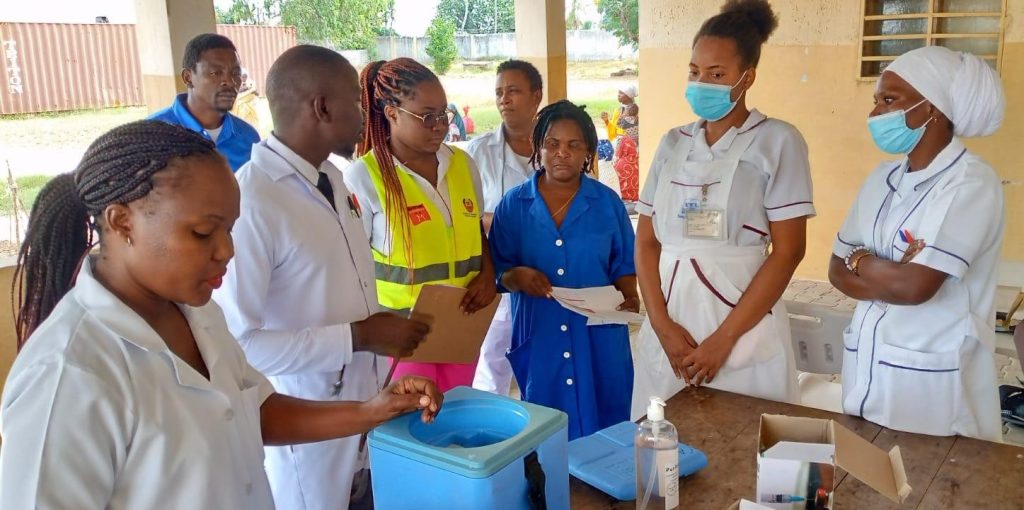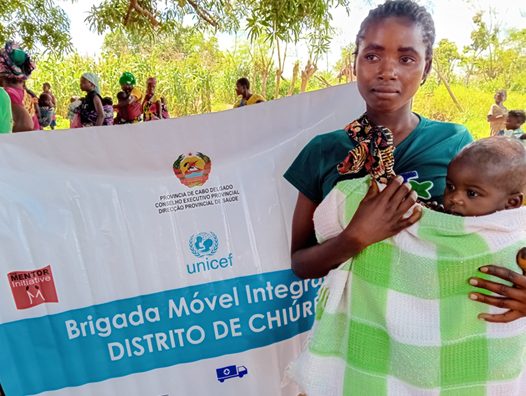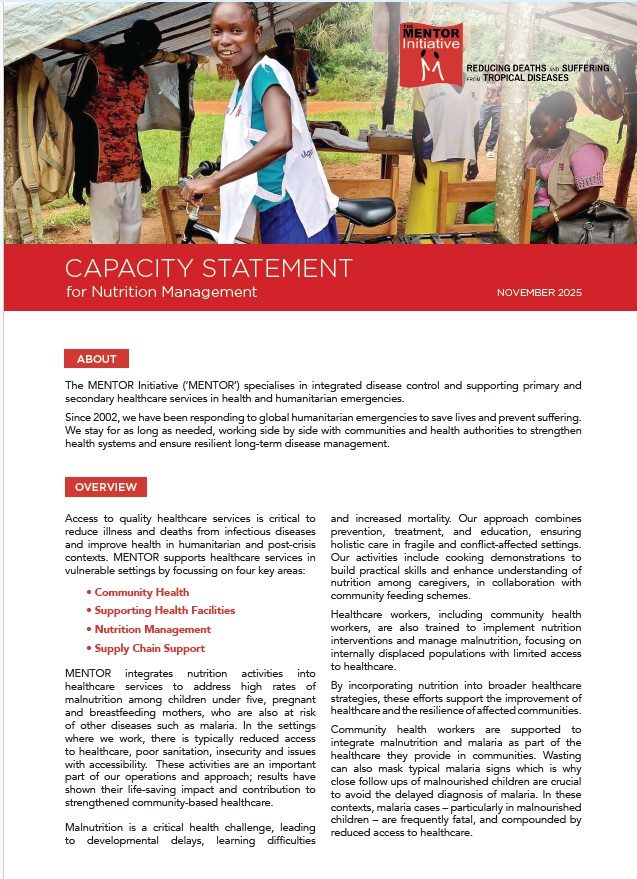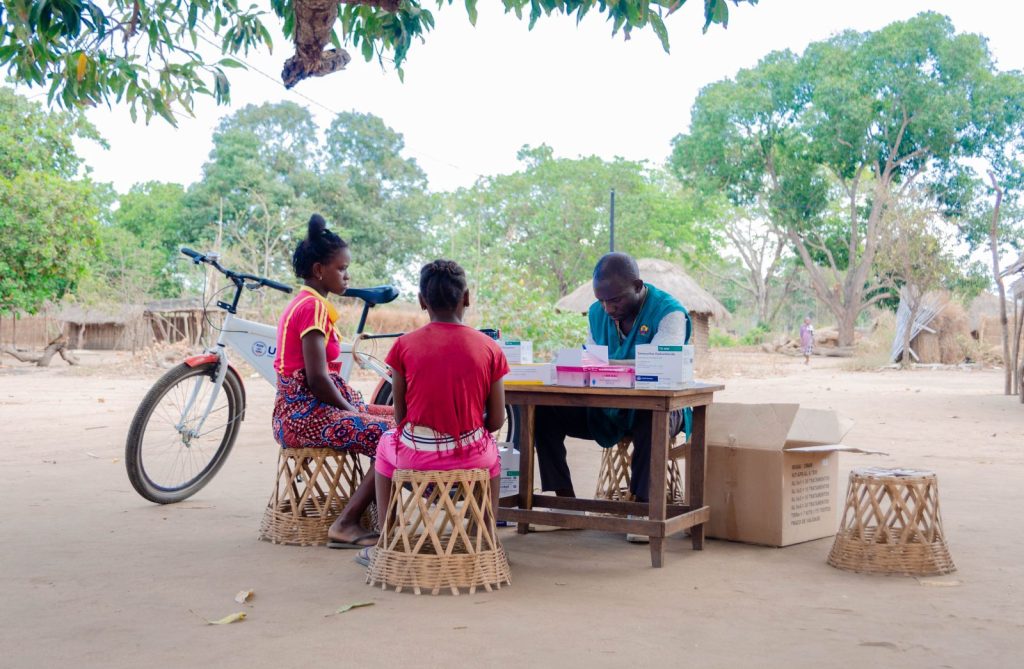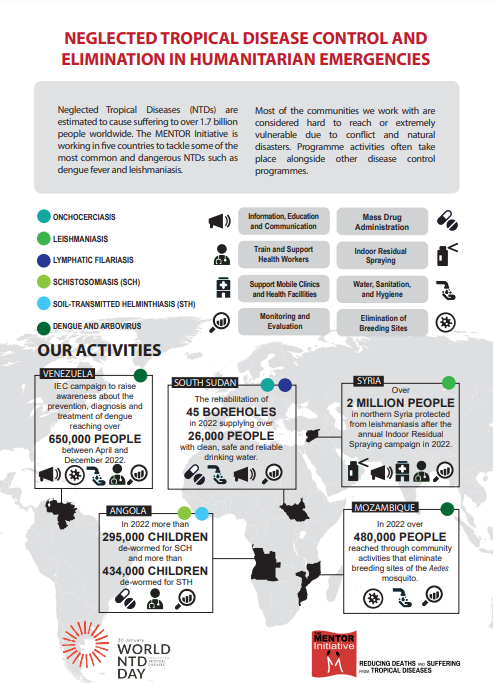Mozambique
Conflict and insecurity in northern Mozambique have led to a growing humanitarian crisis in the region as the number of people displaced continues to rise. By December 2023 an estimated 710,000 people were internally displaced, according to the IOM Displacement Tracking Matrix.
Non-state armed opposition groups (AOGs) from the far north of Cabo Delgado Province are active in most of districts, as well as responsible for attacks in two districts of Nampula Province.
Most of those who have been forced to flee the violence find shelter in host communities or live in overcrowded Internally Displaced Person (IDP) camps at risk of communicable and vector-borne diseases such as malaria, dengue fever, chikungunya, and diarrhoeal diseases. The risks are even greater because of damaged healthcare infrastructure.
Poor sanitation, hygiene, and access to safe drinking water are a recurring problem in most areas due to the rapid unplanned growth of displacement camps and host communities. The lack of drinking water collection points for the entire population has increased the use of unsafe water sources.
MENTOR began its emergency programme in Cabo Delgado in 2021 providing technical support to the Ministry of Health in areas such as the national malaria programme, community health, environmental health, nutrition, WASH and hygiene promotion. This followed a vector-control programme in Sofala Province after Cyclone Idai in 2019.
MENTOR is committed to increasing the capacity of the health system to prevent and treat vector-borne diseases such as dengue fever and malaria. In Mozambique they are the leading cause of death among children under 5 years old.
- Supporting Community Health Workers who provide initial diagnosis and treatment for malaria, diarrhoea, acute respiratory infections and malnutrition where communities have little or no access to health facilities.
- Water, sanitation and hygiene (WASH) activities in communities, schools and health facilities, including water distribution, boreholes, latrine and rainwater harvesting systems construction or rehabilitations, and tippy taps installation.
- Social and Behaviour Change Communication (SBCC) activities such as hygiene promotion campaigns through door-to-door, school and community gatherings.
- Cholera response interventions such as training health technicians, provision of WASH commodities, provision of hygiene promotion and prevention campaigns in the communities.
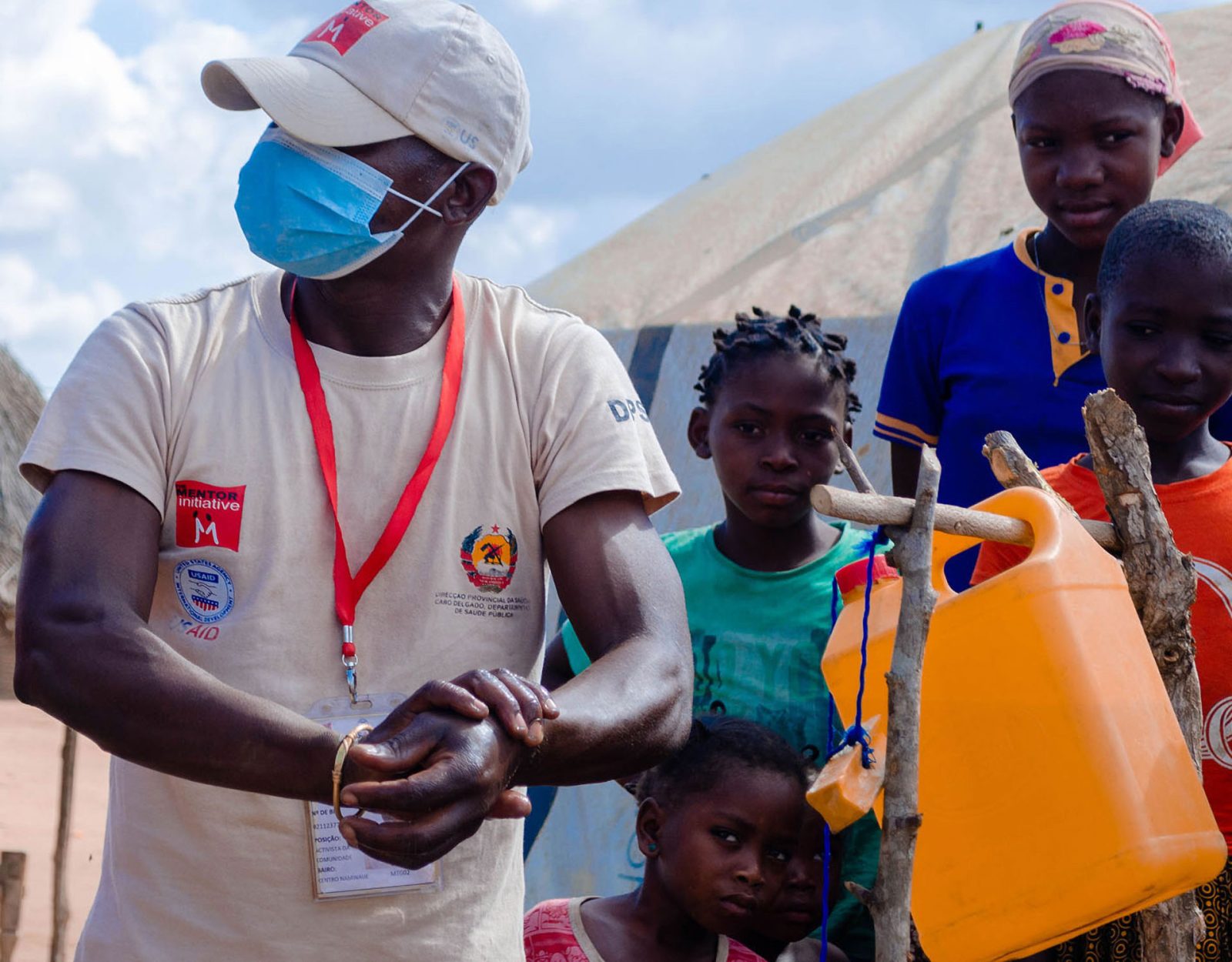
- Community health workers carried out approximately 535,000 consultations and diagnosed and treated 169,796 malaria cases.
- Supported Ministry of Health to train 378 CHWs and 115 supervising health technicians.
- New or improved Tippy Tap handwashing stations reached 344,262 people.
- Around 17,000 people accessed new or rehabilitated latrines.

